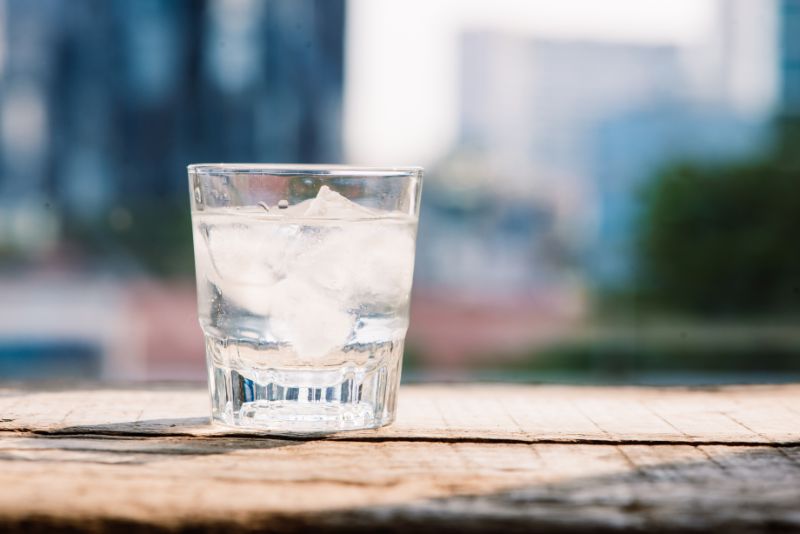What Minerals Do Water Softeners Remove?
Water softeners are ion exchangers that reduce the hardness of water. They collect the dissolved minerals, such as calcium and magnesium, and replace them with sodium. Calcium and magnesium are important for healthy bones and teeth.
(Searching in Google “McGowan Water Softeners“? Contact us today!)

Calcium is a mineral that is found in many food sources, including dairy products. Some foods have a high amount of calcium, such as leafy vegetables. Other dietary sources of calcium include nuts, fruits, and grains. Many diets contain more than 50 percent of their total calcium intake from foods such as these.
Magnesium is also a mineral that is found in many foods. It is an essential mineral for a healthy body. The body cannot manufacture magnesium itself. This means that it is necessary to consume other sources of magnesium, such as dairy products. Dairy products account for more than half of the total amount of calcium in many diets.
Iron is another mineral that is present in water. There are a number of factors that affect the levels of iron in a water system. If the level of iron is too high, it will oxidize and convert to an insoluble state. In such a case, the effectiveness of a water softener will be decreased.
A water softener can remove dissolved iron and other minerals from the water. It does this by passing water through a bed of negatively charged resin beads. These beads are generally made from polystyrene. When the water passes through the beads, it releases the sodium ion and passes through the softener’s outlet.
If the water contains too much iron, it may require a chemical solution like Rust Out to keep the beads in working order. This will also help to extend the life of the resin beads. However, if the iron and manganese concentrations are too high, it will likely result in a reduction in the softener’s capacity to work.
Water softeners also can help to reduce the scale that is a buildup of mineral deposits. This can cause white spots to appear on faucets, showerheads, and other surfaces. Additionally, if the scale has built up to three millimeters, it will increase your hot water bill by 25 percent.
Water softeners are not a substitute for comprehensive water filtration systems. If the water is not filtered properly, it can harm your skin and hair, and it can damage clothing. You should always test the water before using it. Also, if you have high blood pressure, you should consult a doctor before drinking it.
Because water softeners do not filter out all the contaminants, you should also consider installing a carbon filter or a reverse osmosis system after the softener is installed. This will help you get rid of harmful chemicals, such as chlorine, from your water.
If you choose to install a water softener, be sure to test your water regularly for contaminants. While softened water is safe to drink, you should consult a health professional before doing so.

